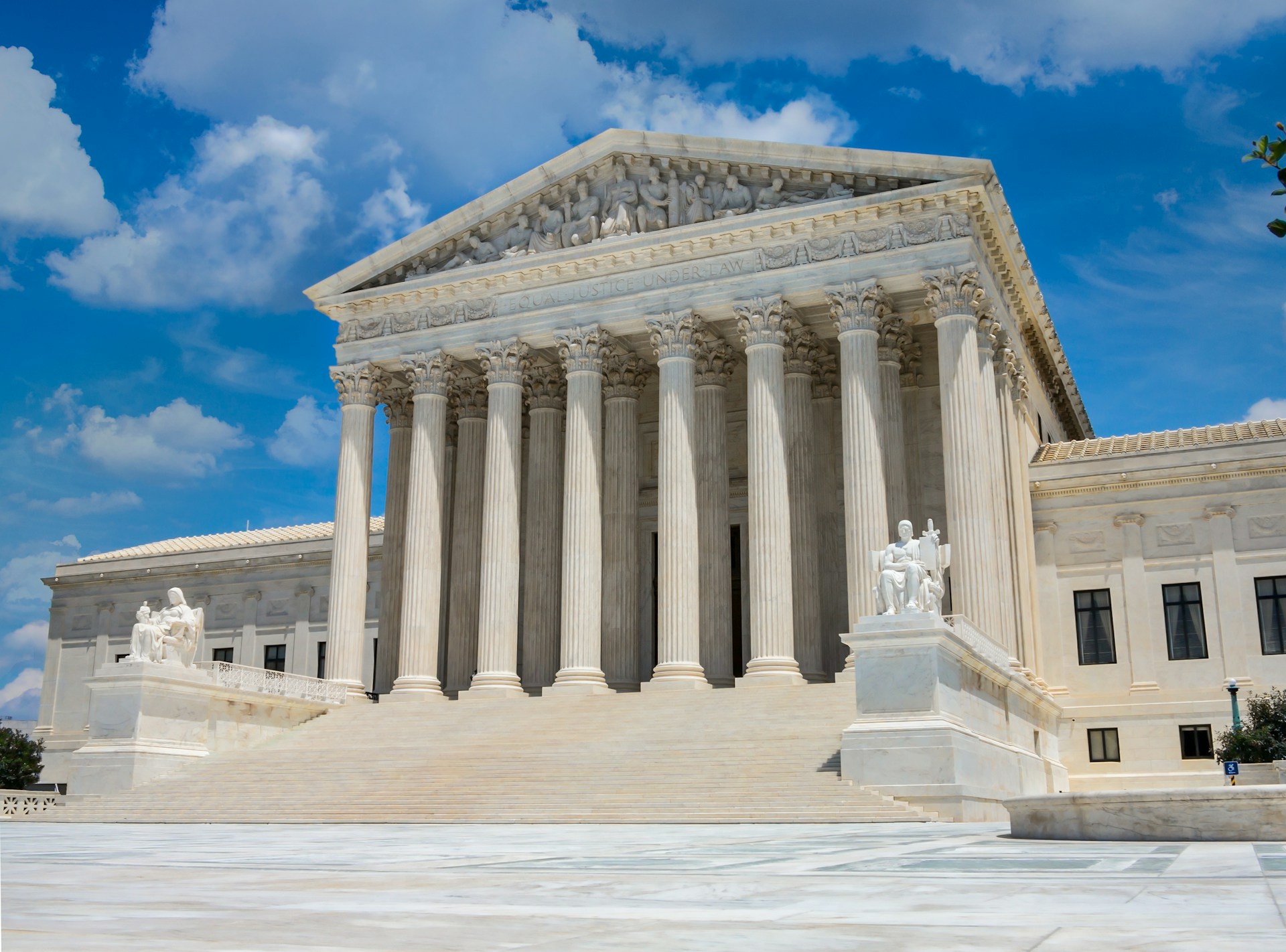Politics
Supreme Court’s LIFE Act Decision Sparks Fierce Abortion Debate

Clear Facts
- The Georgia Supreme Court has reinstated the state’s “LIFE Act,” which protects unborn babies once a heartbeat is detected, typically around six weeks into pregnancy.
- The court’s decision allows the law to remain in effect while an appeal is heard regarding a previous ruling that deemed the law “arbitrary.”
- The ruling has sparked a divide, with pro-life groups praising the decision and pro-abortion groups condemning it.
In a significant legal development, the Supreme Court of Georgia has reinstated the state’s “LIFE Act.” This legislation is designed to safeguard unborn babies once a heartbeat is detected, usually around the six-week mark of pregnancy.
The court’s decision came after the state requested that these pro-life protections remain in place during the appeal process of a Fulton County judge’s ruling, which had previously struck down the law as “arbitrary.”
The court’s decision saw six judges siding with the state, while one judge offered a partial concurrence, and two abstained from participation.
Pro-life advocates have welcomed the court’s ruling. Susan B. Anthony Pro-Life America expressed gratitude, stating:
“Thank you [Governor Brian Kemp] and [Georgia Attorney General Christopher Carr] for your continued and unwavering dedication to protecting the youngest Georgians under the LIFE Act.”
On the other hand, the decision has been met with criticism from pro-abortion groups. Planned Parenthood voiced their disapproval, noting:
“Georgia’s Supreme Court reinstated a six-week abortion ban — putting the ban into effect just one week after a lower court found it unconstitutional. Georgians deserve better. Every person should be able to get the care they need.”
The reinstated law comes after Fulton County Judge Robert McBurney’s decision last week to strike down the LIFE Act. Judge McBurney’s ruling emphasized the importance of a woman’s autonomy over her own body, stating:
“When a fetus growing inside a woman reaches viability, when society can assume care and responsibility for that separate life, then — and only then — may society intervene.”
He further argued that “liberty” in Georgia encompasses “the power of a woman to control her own body, to decide what happens to it and in it, and to reject state interference with her healthcare choices.”
The controversy surrounding the LIFE Act intensified following a series of misleading stories that linked the deaths of two women to the law. In one instance, a woman’s death in 2022 was attributed to complications from an abortion pill, leading to an infection. Contrary to some reports, the LIFE Act would not have prevented medical intervention in such cases, as the babies were already deceased.
As Georgia emerges as a pivotal battleground state for the upcoming 2024 election, Democrats are channeling significant efforts into advocating for a national abortion guarantee. This legal battle over the LIFE Act is poised to play a crucial role in shaping the political landscape in the state.
Let us know what you think, please share your thoughts in the comments below.
